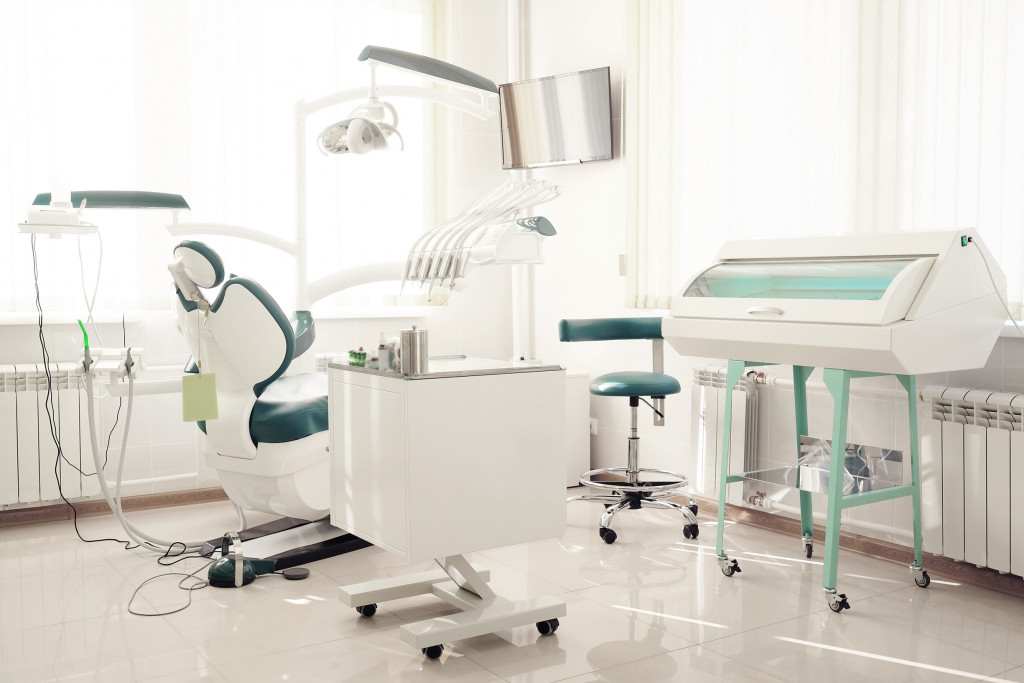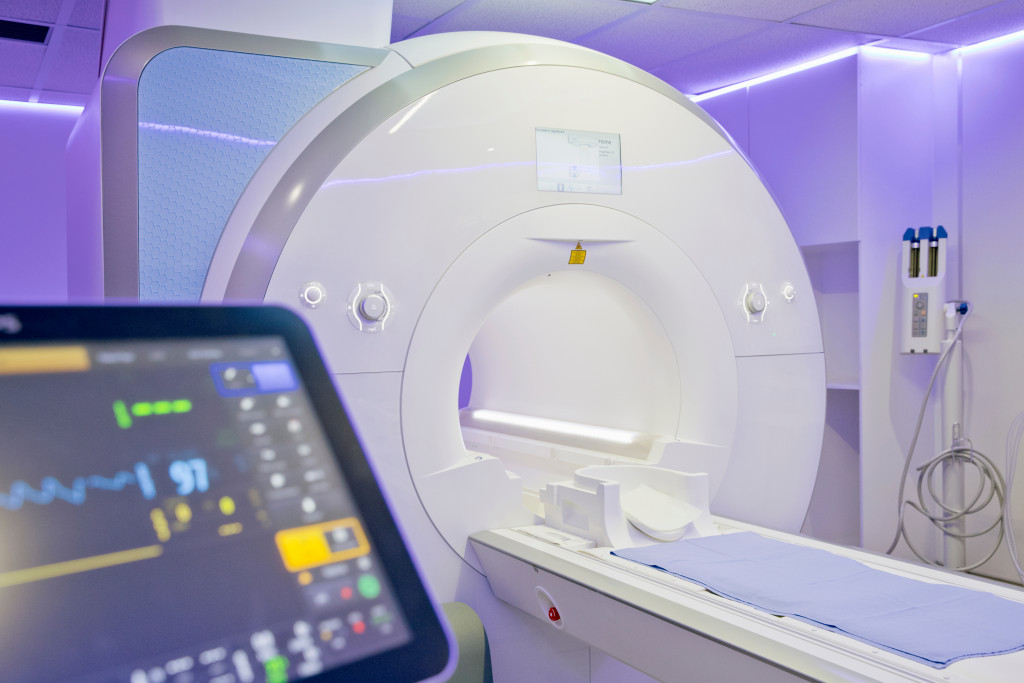Disclaimer: This website provides health information for educational purposes only and is not a substitute for professional medical advice, diagnosis, or treatment. Always seek the guidance of a qualified healthcare provider with any questions you may have.
Healthcare is a rapidly changing and constantly evolving industry. From new breakthroughs in medical treatments to surgical techniques that are minimally invasive, there are always new advancements to be aware of. There are always new advancements in the medical field, and surgery is no different.
Here are some of the latest surgical innovations that are changing the healthcare landscape:
Robotics in surgery
Surgery is a vital part of healthcare, and it is constantly evolving. One of the most exciting advancements in surgery is the use of robotics. Robotics allows surgeons to operate with greater precision and less invasively than before. This means that patients can experience fewer complications and faster recoveries.
In addition, robotics can perform surgeries that would otherwise be impossible, such as procedures on delicate organs or in hard-to-reach places. As surgery becomes more precise and less invasive, patients will benefit from shorter hospital stays, lower costs, and fewer risks. As robotics technology advances, the potential for even more life-saving surgeries will only increase.
Lasers in surgery
Lasers have been used in surgery for over fifty years. Still, their utilization has grown exponentially in the last two decades. The use of lasers in surgery offers several advantages over traditional surgical techniques:
- Lasers can be precisely targeted to specific tissues, which reduces the risk of damage to surrounding healthy tissue.
- Laser energy can be quickly and easily controlled, allowing surgeons to safely and effectively treat a wide range of conditions.
- Laser surgery is often less invasive than traditional surgery, which means that patients can experience shorter recovery times and less discomfort.
- Laser surgery is often more affordable than other types of surgery.
As laser technology evolves, even more surgeries will likely be performed using this safe and effective modality.
Laparoscopic surgery
Advances in surgical techniques and providing healthcare have given patients more options to explore when it comes to their care. One example of this is laparoscopic surgery, a minimally invasive surgical procedure. This type of surgery uses small incisions and specialized instruments to allow the surgeon to access the inside of the body without having to make large cuts.
As a result, patients experience less pain, scarring, and recovery time. In addition, laparoscopic surgery can be performed on an outpatient basis, which means that patients can return home the same day. Laparoscopic surgery is often used to treat hernias, gallstones, and intestinal disorders. With the continued advancement of medical technology, even more, complex procedures will likely be able to be performed using this minimally invasive approach.

Orthodontic Appliances and Dental Implants
As healthcare technology evolves, patients benefit from a wide range of new surgical and therapeutic options. Orthodontic appliances and dental implants are two of the most exciting recent developments in dentistry. Orthodontic appliances are becoming increasingly sophisticated and can now be custom-designed to fit each patient’s unique mouth structure.
On the other hand, dental implants provide a lifelike alternative to traditional dentures. Unlike dentures, which can slip and cause discomfort, dental implants are permanently anchored to the jawbone, providing a stable and natural-looking solution for missing teeth. Nowadays, same-day dental implants are available, which means that patients can walk out of the dentist’s office with a brand-new smile in just one visit!
3D-printed organs for transplant
3D-printed organs for transplant is an exciting healthcare advancement that has the potential to save millions of lives. This technology involves using a 3D printer to create an organ from scratch. The organ is then transplanted into the patient’s body and functions like a natural one.
This technology is still in its early stages. Still, it has already been used to successfully print heart valves, blood vessels, and skin. While there are still some challenges to overcome, such as ensuring that the organs are rejected by the body, this technology has the potential to revolutionize transplant surgery and save countless lives.
Immunotherapy for cancer patients
Surgery has long been the go-to treatment for cancer patients, but recent advancements in immunotherapy are changing that. Immunotherapy is a treatment that uses the body’s own immune system to fight cancer cells. Unlike surgery, which can damage healthy tissue and cause side effects, immunotherapy is more targeted. It can be more effective at fighting cancer cells.
Immunotherapy is often less expensive than surgery, making it more accessible to patients. While immunotherapy is not yet a cure for cancer, it is a promising new treatment option to help patients achieve long-term remission.
Final Thoughts
As you can see, the medical field is constantly making advancements, and surgery is at the forefront of many of these advances. Surgeons are now using lasers to make smaller incisions, and some new tools and technologies help improve accuracy and precision. Healthcare providers are also developing new treatments and drugs to help improve patient outcomes. It’s an exciting time to be in the medical field, and surgery is at the forefront of many advancements.

